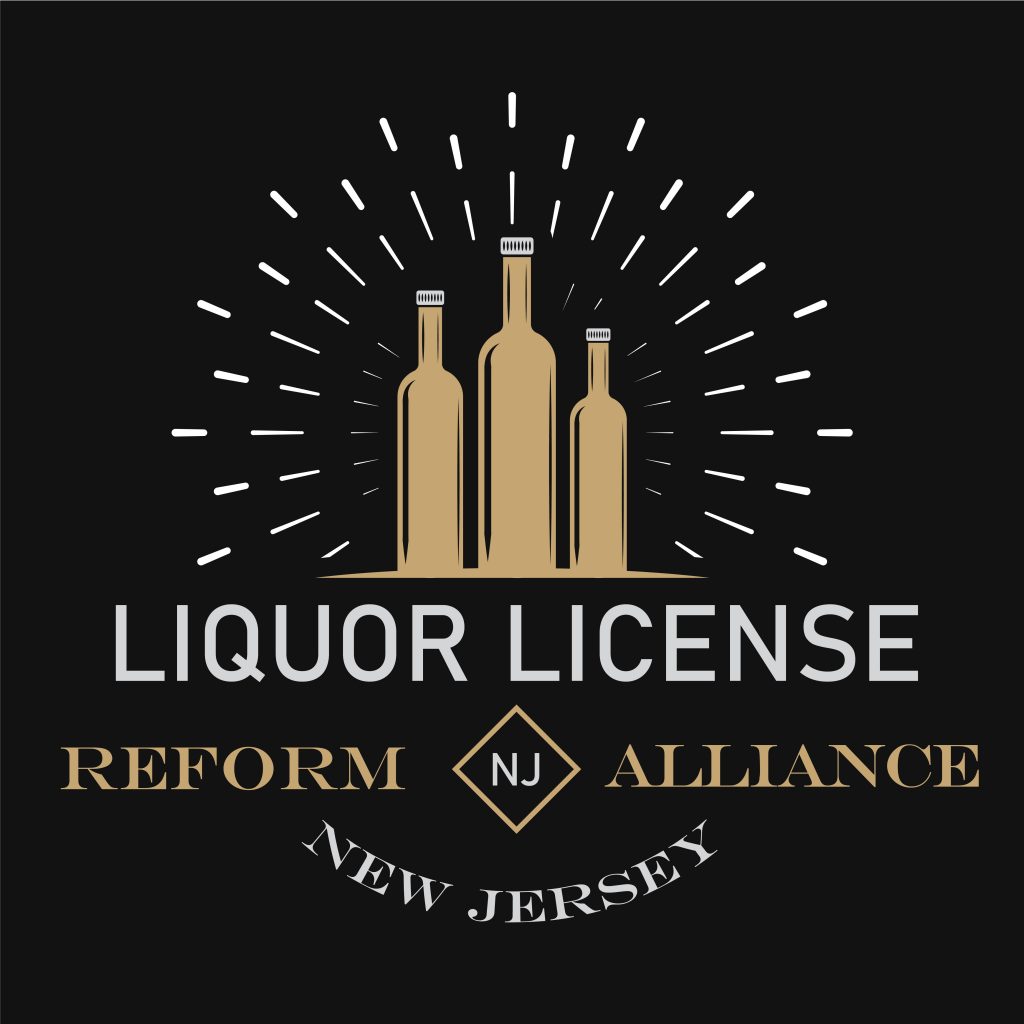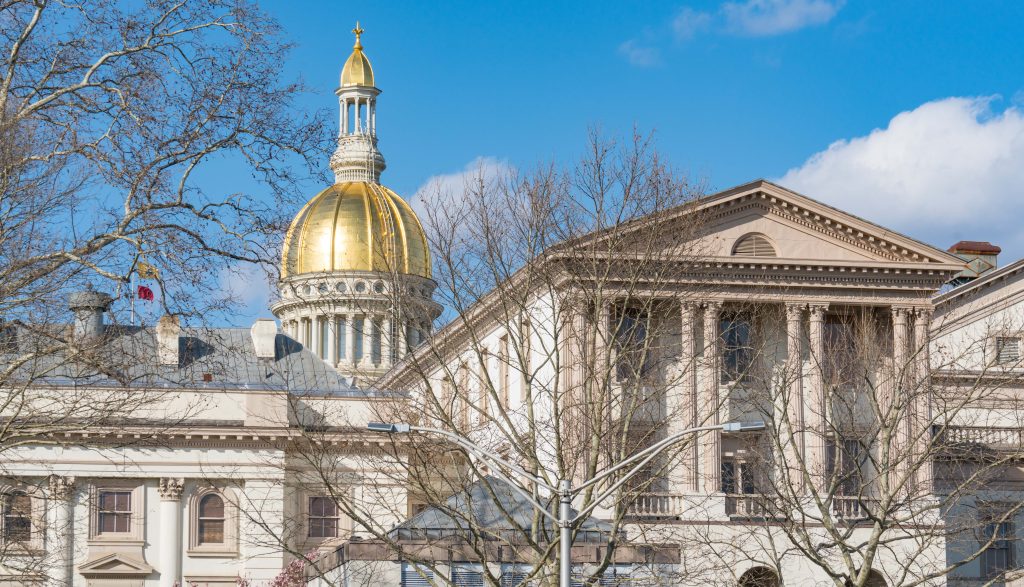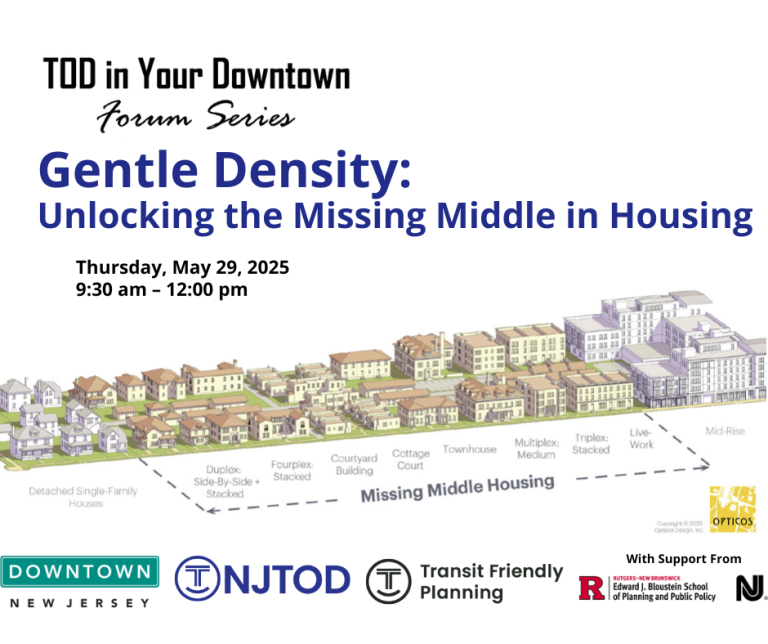DNJ Testifies before Assembly Committee about Liquor License Reform Reform
Courtenay D. Mercer, PP, AICP
Executive Director, Downtown New Jersey
May 24, 2023
Downtown New Jersey, the state’s premier advocacy organization for downtowns, testified before the NJ Assembly Oversight, Reform and Federal Regulations Committee to express their support for comprehensive liquor license reform.
In testimony supporting A4630, Downtown New Jersey explained that the craft industries (breweries, distilleries, meaderies, and wineries) are vital to NJ’s economic wellbeing, and that downtowns thrive with a broad mix of hospitality and retails uses – including small business crafters. The bill was reported out of committee.
Downtown New Jersey also presented prepared remarks expressing concern that legislation enabling the transfer of inactive liquor licenses (A5461) does not go far enough to open the supply of licenses to have much impact on NJ’s downtowns and small businesses.
In The News
Lawmakers hear arguments for and against reform of liquor licensing – NJ Spotlight
Familiar schisms show as lawmakers hear package of liquor license bills – New Jersey Monitor
Below is a copy of DNJ’s testimony:
Good afternoon. I am Courtenay Mercer, the Executive Director of Downtown New Jersey, a statewide non-profit education and advocacy organization dedicated to downtown revitalization. We also are the organizers of the NJ Liquor License Reform Alliance a broad and diverse alliance of organizations, municipalities, public officials, and businesses that support changing New Jersey’s archaic liquor license laws that are an impediment to many restaurants’ ability to survive and thrive. Some prominent members include the NJ League of Municipalities, the NJ Builders Associations, NAIOP-NJ, ICSC, the Regional Plan Association, and the NJ Chapter of the American Planning Association. (Alliance Member List)
I’d like to thank Assembly Danielsen, Speight, and Thomson for supporting liquor license reform, as we believe it to be one of the most significant economic development impediments to NJ’s downtowns and its small businesses. I’d also like to thank this committee for considering a number of reform bills today.
We believe A5461 is a good start at addressing inactive licenses, but does not provide the comprehensive relief that our communities and small businesses need to realize the economic opportunity associated with the food and beverage hospitality industry. The transfer options presented, in reality, create very limited opportunities to move licenses where they are needed and will not address what we believe to be the most pressing issue – affordability.
On the transfer opportunities, while there may be some outliers, I suspect and fear that most municipalities will not agree to release liquor licenses currently tied to their jurisdiction. I spoke with a high level official in a large urban community with a significant number of inactive licenses on condition of anonymity because the municipality has not taken an official stance. They did not see a compelling reason why they would allow licenses to transfer out of their jurisdiction. First and foremost, most of their inactive licenses are held by developers or holding companies with anticipation of using them within the jurisdiction. Second and very telling, they said that if they allowed licenses to transfer out – the prices of licenses within their jurisdiction would begin to increase to unreasonable levels due to the same supply and demand pressures we are trying to alleviate for other municipalities with this very bill.
Now on to affordability – as I and the Mayor of Westfield mentioned at the last committee meeting on this topic, one or two additional licenses in a high-demand community will still sell for the prevailing price. Releasing a small number of licenses will provide no opportunity for those with limited means to get into the game when the going price is half a million to well over a million in many communities.
We, therefore, respectfully request the committee consider changes that address the concerns of municipalities with limited consumption license options:
- Expand the definition of allowable areas to receive the transfer – not all downtowns have BIDs, UEZs, or are designated in need of redevelopment/rehab.
- Expand the ability to transfer inactive licenses into a geographic distribution beyond just adjacent municipalities.
- There are a good number of towns that keep approving inactive license renewals because they don’t want to lose them, but there isn’t any hammer to get the holder to actually use it/release it to someone else. Provide a mechanism enabling jurisdictions with licenses that have been inactive more than a specified number of years to force their sale via auction. I’m thinking 2 renewal cycles – or 4 years – is more than fair.
- Enable municipalities to issue an R Class permit that allows table-service only. Since we have heard concerns by the distributors about capacity to deliver to additional locations, we recommend allowing local agreements with retail distribution license holders to provide the alcohol to R class permittees. This addresses the distribution concern. It also diminishes the relative value of the R class permit relative to a full consumption license in that they cannot have a bar and they will be paying retail price for their alcohol.
It has been nearly three-quarters of a century since NJ has substantially addressed liquor license policy. Consumer demands have changed, economic development has changed. Right now, we have a once in a generation opportunity to make actual progress on reform that is equitable to NJ’s municipalities, its downtowns, and its small businesses. We have a real fear that if the legislation passes as proposed, we will have squandered the opportunity for real reform and won’t get another bite of the apple for another generation.

Why reform?
New Jersey’s liquor license laws are among the most restrictive in the country. In fact, the cost of a license in many of our municipalities can easily soar into the six or seven figures – if they are even available. Liquor license restrictions impede the economic development of many of our communities, especially our downtowns. MORE INFORMATION>



